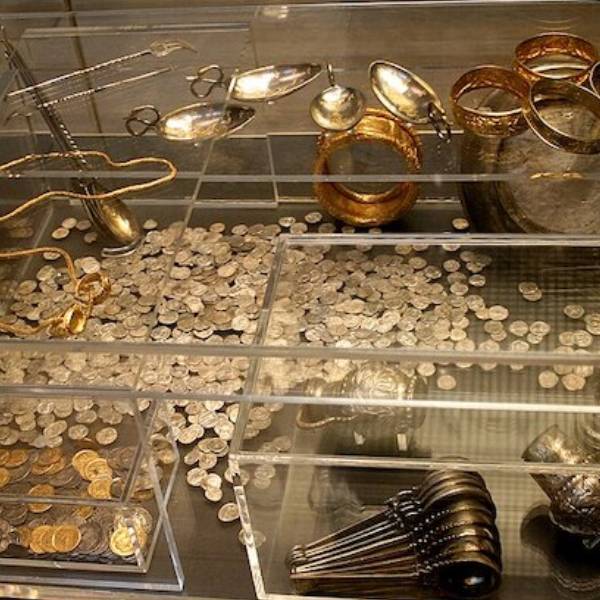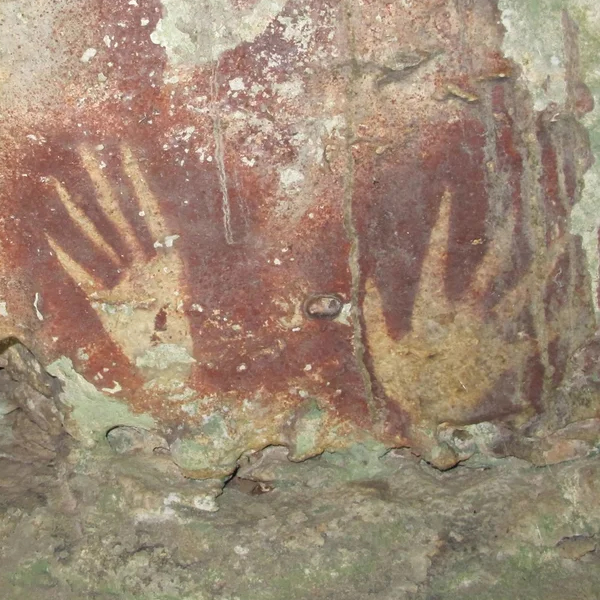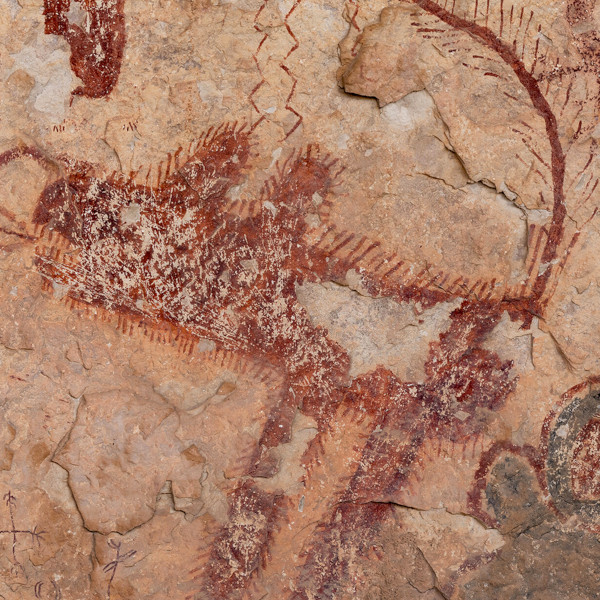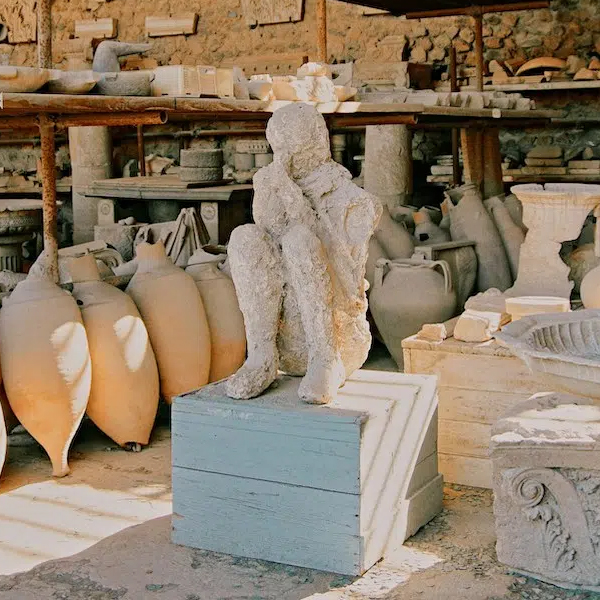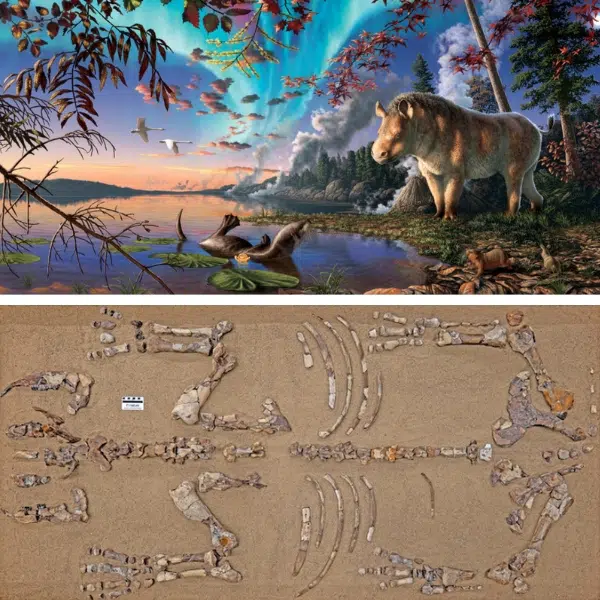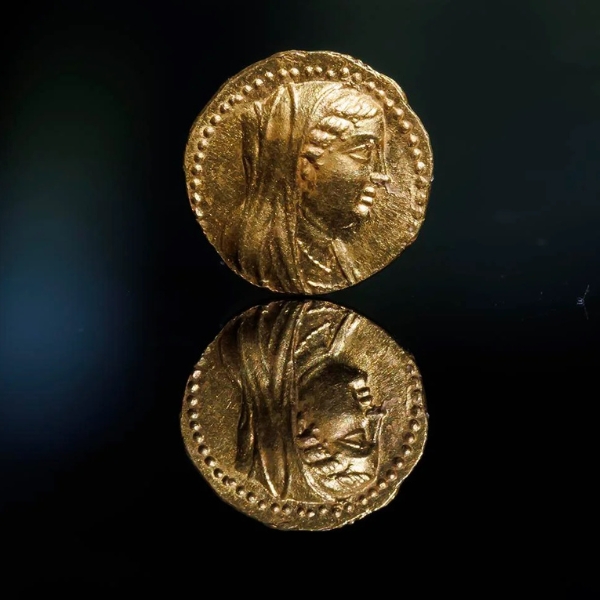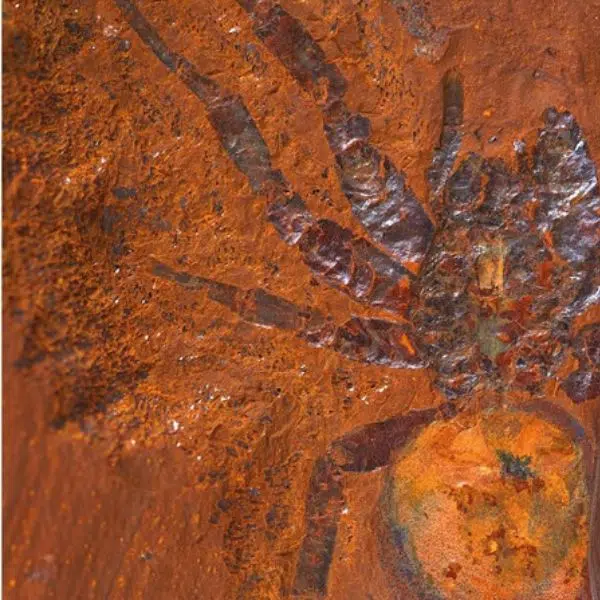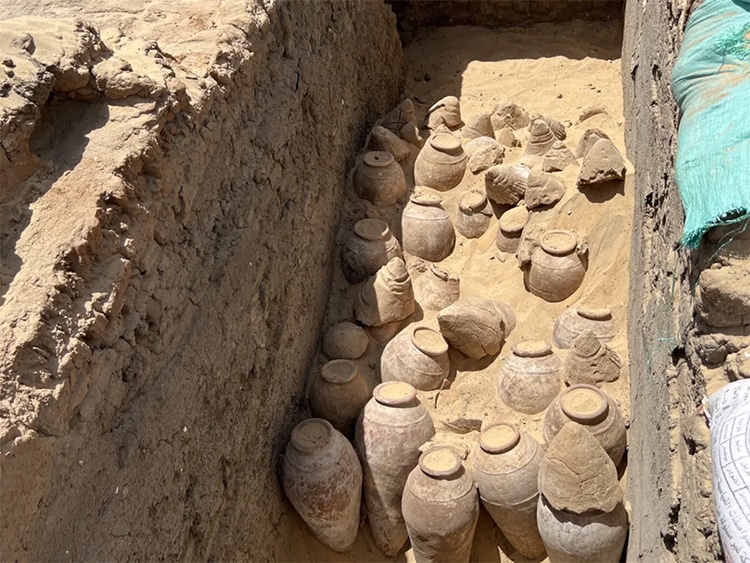
The 5,000-year-old wine jars, some of which are sealed. (Photo: EC Köhler/University of Vienna)
No royalty was ever buried with quite the pomp and circumstance as the ancient Egyptian pharaohs and their family. Kings, queens, princes, and more were enshrined in multi-room stone labyrinths decorated across every inch and filled with the supplies for the afterlife. Egyptian Queen Meret-Neith was no different. Her tomb in Abydos, Egypt, is made up of a series of rooms where the 41 servants and courtiers buried with her could tend to her in death. However, one of the most striking finds in the complex is a collection of hundreds of clay jars which were once filled with wine, some of which are still sealed.
The wine jars were buried with the queen 5,000 years ago. Prior to her death, Queen Meret-Neith was an incredibly powerful woman, leading some scholars to speculate she may have been the first female pharaoh. Her status was reflected in the opulence of her grave goods, including the wine jars. Dig leader Christiana Köhler of the University of Vienna says of the incredible preservation of the items: “Considering that these are the remains of people’s lives and actions from 5,000 years ago, we are stunned every day at the amazing detail we encounter during our investigations, including the perfectly preserved grape seeds, craftwork and even footprints in the mud.”
Some of the jars remain sealed. As Emlyn Dodd, a researcher in the field but not connected to the project, told Newsweek: “The discovery of sealed, intact wine jars at Abydos, along with well-preserved grape pips, has the potential to significantly build our understanding of some of the earliest wine production, use, and trade in the ancient Mediterranean and North Africa. Analysis of the residues left inside the jars, for example, could illuminate the chemical composition of the wine that was once inside, revealing its flavor profile and any additive ingredients that were used.”
Even though the contents of these jars might no longer be as tasty as they once were, surely it served its purpose accompanying the queen to the next life.
These ancient jars are 5,000 years old, and some are even sealed with their contents of wine.

The elaborate tomb of Queen Meret-Neith. (Photo: EC Köhler/University of Vienna)
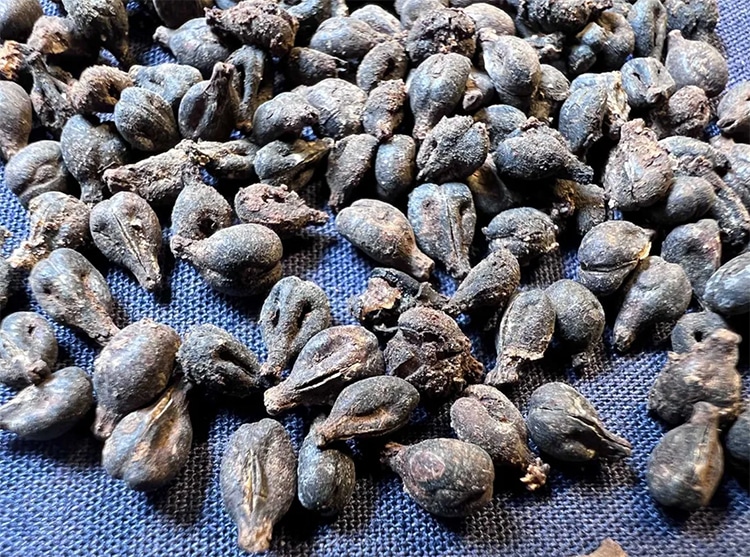
Preserved grape seeds discovered in jars in the tomb. (Photo: EC Köhler/University of Vienna)
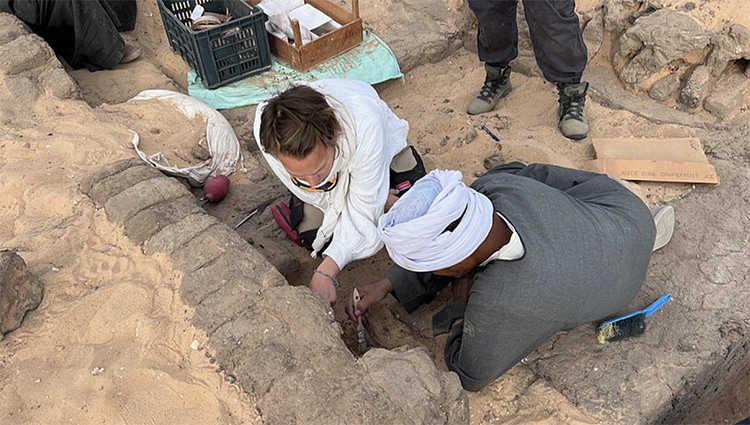
Excavations underway. (Photo: EC Köhler/University of Vienna)
h/t: [Smithsonian Magazine]
Related Articles:
Art History: Ancient Practice of Textile Art and How It Continues to Reinvent Itself
Sister Duo Weaves Textured Wall Hangings Inspired by Australian Landscapes
How to Crochet: Learn the Basics of This Time Honored Handicraft
Artist Fills Forest with Life-Size Sculptures Made from Woven Rods of Willow











































































